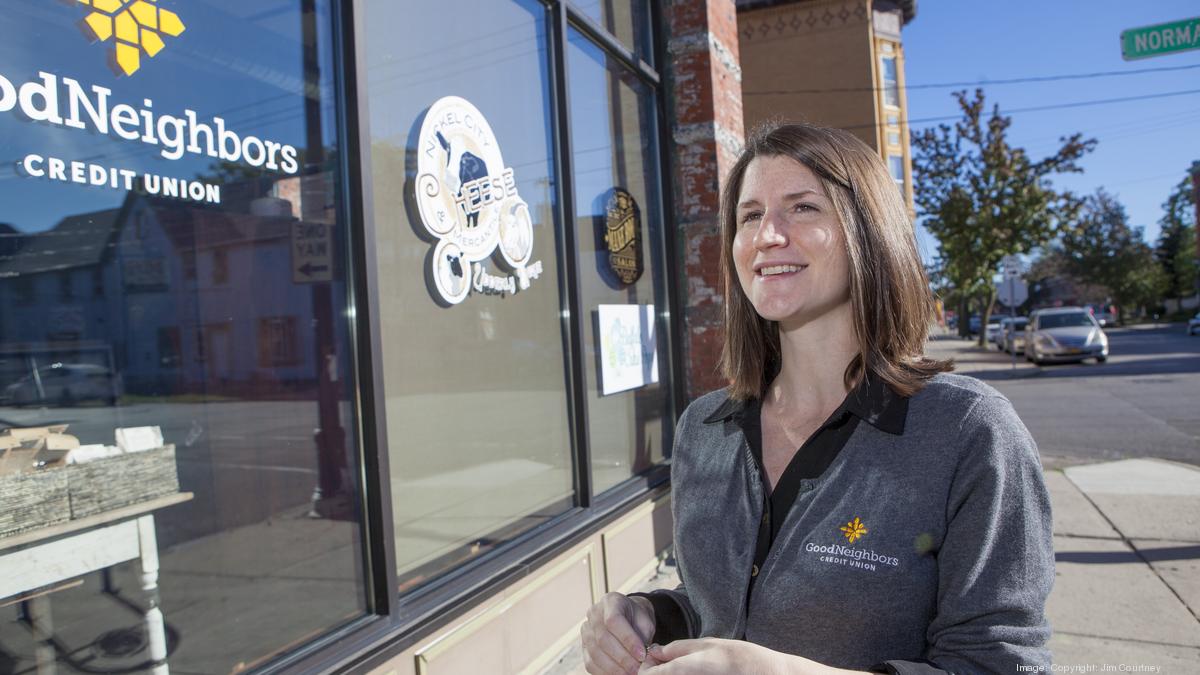It may seem like the banking experience is for everyone, but the truth is not all are satisfied. For instance, your bank’s interest rates for savings accounts may be low, and you may not even get to save as much money since it’s just a place for you to get your income from work. Fortunately, there are credit unions that have more favorable terms and a wider range of financial services. But how exactly do you make the shift from your local bank?
This article will discuss the three steps you need to take to transition from your local bank to a credit union easily. Take this as an opportunity to ensure you are growing your finances and getting access to solutions for your medical fees, daily living costs, retirement, and other related life plans. That way, you can gain financial stability and freedom!
1. Read the instructions for new member sign-ups and open your credit union account
Just as you would open a bank account, you need to introduce yourself to the credit union and let them know that you want to open an account. You have to meet certain criteria, mainly pertaining to your connections to a community they represent. You can also meet with a credit union representative or apply online, depending on your schedule.
One important thing to remember about credit unions is they are more personable than banks, meaning you may have to socialize with the representatives and talk about how you found out about their services to make a first impression. They are gauging what you can do as a member of the union and the wider community. So make sure to put your best foot forward!
2. Transfer all automatic deposits and auto-pay activity to your credit union account
You may need to make an initial deposit to open your new account with your credit union, and since all your income should go in there, you need to make all the necessary adjustments. It means you need to coordinate with your employer about your automatic deposits. That way, it would be easier for you to close your bank account since no more money will be coming in.
You may also have auto-pay features for utility bills, subscriptions, and other monthly payments, which you now all have to link to your credit union account. Note that you may have to satisfy at least one billing cycle with your new payment information, but it really depends on your service provider. You should consult with them to ensure you can avoid any costly miscommunications.
3. Close your bank account
Now that you have all your financial assets and billing arrangements linked to your credit union, all you have to do is close your bank account. Just don’t forget to withdraw all your money and consult with your banker to make sure you won’t get any penalties. You may also have other financial obligations to take care of, like handling other savings accounts or existing debt for your credit card. Once everything is accounted for, you can look forward to your new banking alternative!
Conclusion
Making the switch from your local bank to a credit union can be one of the most important steps you need to take to be in a better position financially. Now, you have a better understanding of what you need to do. Remember all the previously mentioned steps and start your transfer today! Are you looking for the best credit union in Buffalo to bolster your financial stability? Visit us at Good Neighbors Credit Union. We can provide you with the best savings account rates, auto loan options, and debt consolidation to make the most out of your banking alternative! Join us as we strengthen our community and achieve success together!





